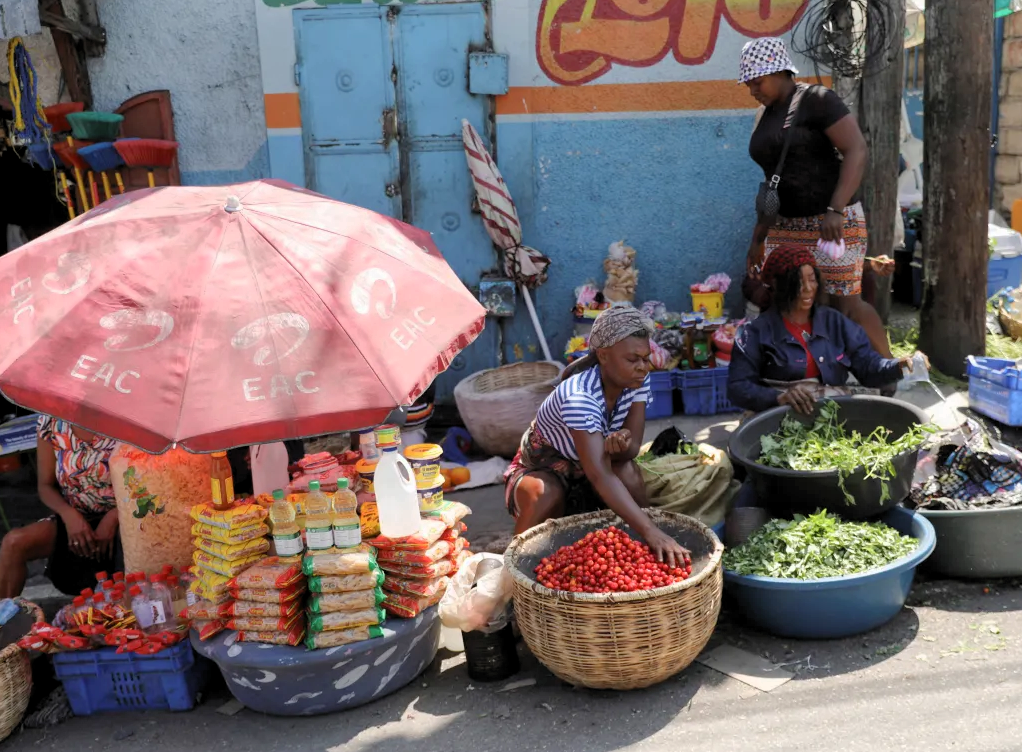The United States, France and the United Nations have a bad reputation among Haitians. The armed groups that the U.N. and the corporate media throughout the world call Haitian “gangs” are either criminal enterprises engaged in kidnapping, extortion, robbery and drug dealing, or “vigilance brigades” that defend neighborhoods against the gangs and the police.
Despite the support from these vigilance brigades, hundreds of thousands of Haitian families have been driven from their homes by the violence between the armed groups and the cops.
Five million of Haiti’s 12 million people go hungry every day. One million face famine, dying because they don’t get enough calories.
When de facto Prime Minister Ariel Henry visited Africa to gather support for his regime, the various armed groups suddenly joined together at the end of February and demanded he resign.
CARICOM— the organization of Caribbean nations — called an emergency meeting of a presidential council to find a replacement for Henry. The council is still accepting nominations, as of March 17. Ambassadors of the U.S., Canada, the European Union and the U.N. are meeting in Jamaica with the Caribbean countries signing on via Zoom.
The political situation in Haiti is fluid. Major changes can occur overnight. Given most Haitians’ anger toward prior U.S. and U.N. interventions, any future direct role for them in Haiti will be challenged.

